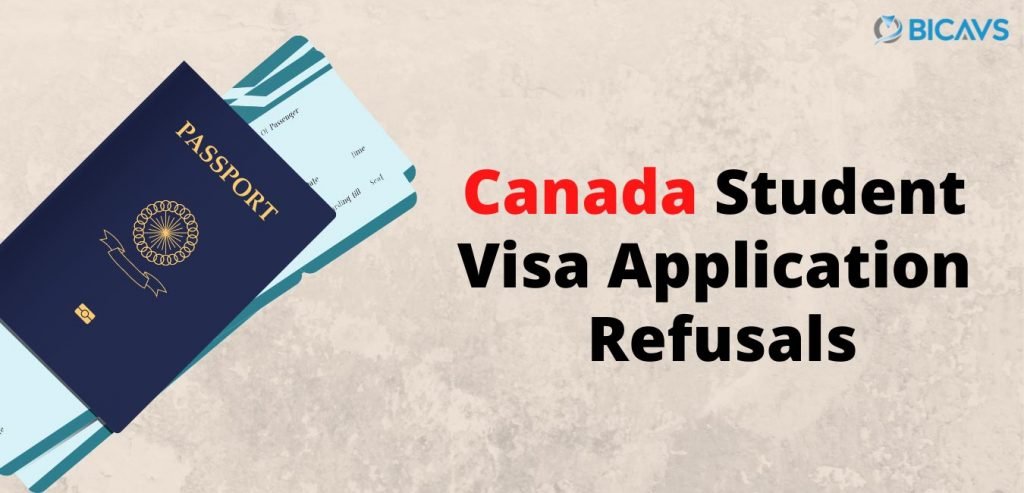Individuals who have applied for, but have been refused, a Canadian Study Permit may be able to re-apply or seek professional help with their application process.
Prospective students who have been refused a Canadian study permit may find themselves in a frustrating position. Having already been accepted into a Canadian school (university, college, or other designated institution) and prepared an application for a permit, applicants need to understand the reasoning behind a study permit application refusal.
Reasons for refusal
Immigration, Refugees and Citizenship Canada (IRCC) will in most cases provide applicants with a letter outlining the reasons for the refusal. Some common reasons why IRCC may refuse a study permit application include an applicant’s inability to:
- show proof of financial capacity to support yourself while studying in Canada;
- pass the medical exam (if one is required);
- convince the immigration officer that his or her main intent of coming to Canada is to study; and/or
- convince the immigration officer that he or she will leave Canada once their study period is complete.
Depending on the reasoning behind the decision for the refusal, applicants may be able to:
- take into account the stated reasons for the refusal and prepare a new application; or
- consult a lawyer for help with an official review of the decision.
Review of Canadian Study Permit requirements
If and when an application for a study permit is refused, the first thing to review should be the eligibility criteria. To be eligible to study in Canada on a study permit, prospective international students must:
- have been accepted by a designated learning institution in Canada;
- prove that they have enough money to pay for:
- tuition fees,
- living expenses for themselves and any family members who come with them to Canada, and
- return transportation for themselves and any family members who come with them to Canada;
- be a law-abiding citizen with no criminal record and not be a risk to the security of Canada. A police certificate (or certificates) may be required;
- be in good health and willing to complete a medical examination, if necessary; and
- satisfy an immigration officer that they will leave Canada at the end of the authorized stay.
Exceptions to the above criteria may be made for foreign representatives to Canada and their family members, members of foreign armed forces from certain countries, foreign nationals with Registered Indian status, and individuals who wish to undertake a short-term study program in Canada (less than six months).
Applying for a review of the decision
Refusals for a Study Permit are typically a result of the applicant failing to satisfy one or more of the eligibility criteria. If an applicant can prove that he or she does satisfy the criteria, he or she may have grounds to apply for a review by the Federal Court of Canada.
In most cases, a lawyer must apply for judicial review on behalf of a study permit applicant.
Get assistance with your Study Permit application
If your study permit application has been refused and you would like to receive assistance, please contact one of our specialists directly.








